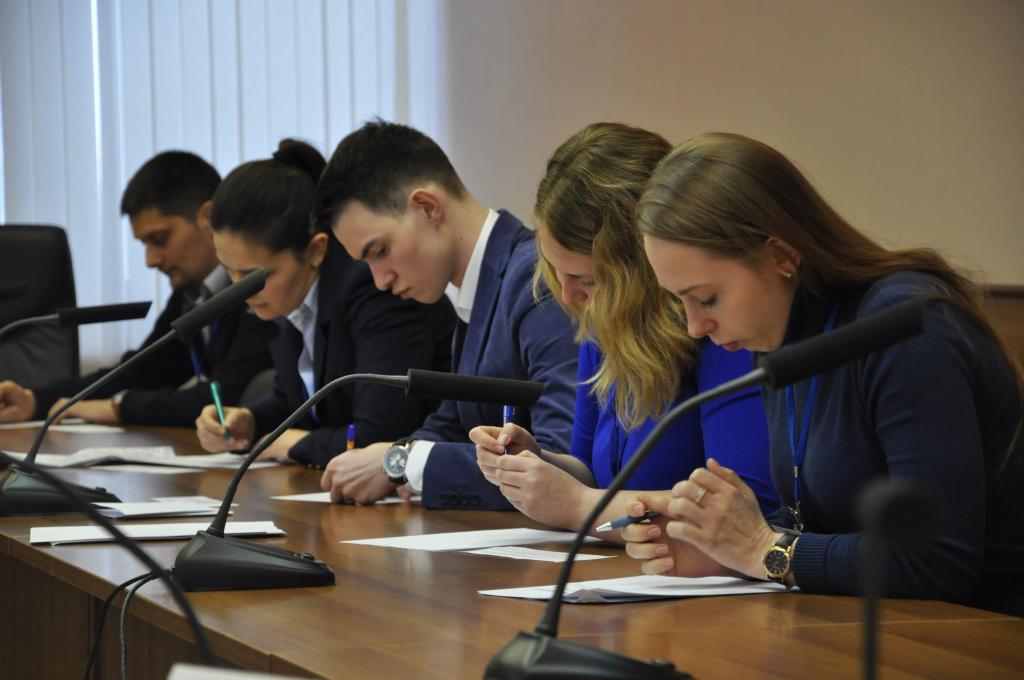For many of us, the concept of "public service" is associated with proximity to the highest echelons of power, special powers and the ability to make crucial decisions. However, it should be borne in mind that the legislation governing this area imposes an impressive list of restrictions and prohibitions associated with the civil service.
State service
Who today belongs to the category of civil servants? In essence, this is a fairly broad concept. It includes all specialists who receive remuneration from the budget, approved for the position on the basis of a service contract. It is about work in the field of legislative, executive, judicial central or regional authorities. In accordance with the law, they have certain rights and obligations, as well as a number of restrictions and prohibitions related to civil service.
In addition to the main points related to the work process and the regime, a civil servant, for example, has the right to request information necessary for the service, develop professionally and hold senior positions on a competitive basis, and be a member of the trade union.
In addition to his duties, his duties include the need to regularly improve his qualifications, protect state property, and strictly follow the rules of official conduct.
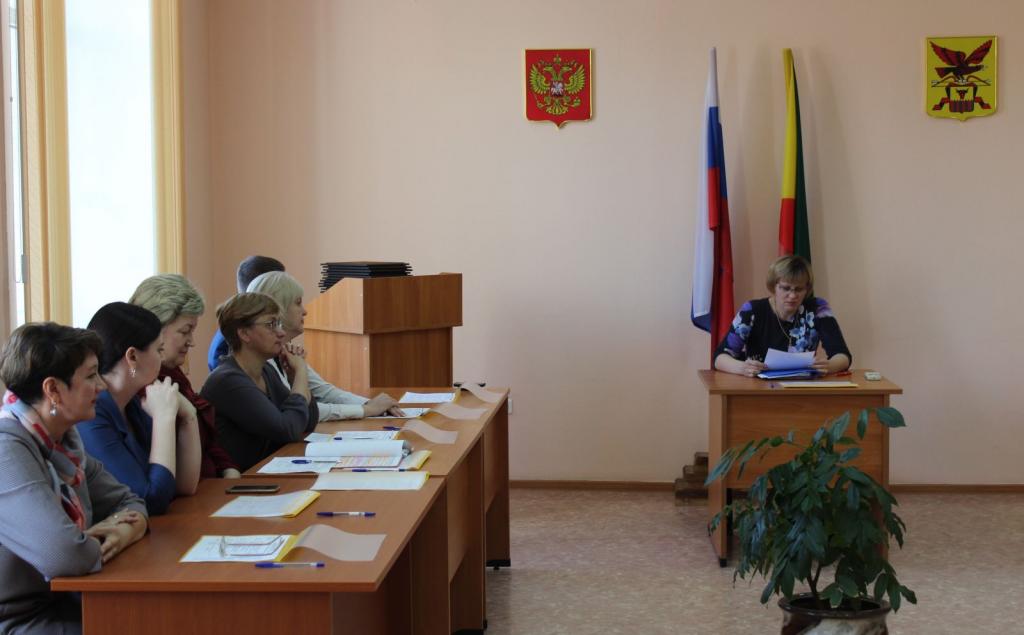
Civil Service Act
The legislative framework that defines the basic principles and conditions of civil service was developed and approved in 2004. The Civil Service Law defines its economic, legal and organizational basis.
It lists the groups and categories of posts, qualification requirements, as well as prohibitions related to the state civil service. In addition, a mechanism has been defined for admission to the civil service, conclusion and termination of a contract. The document contains 17 chapters and more than 70 articles governing all the details of performance, ranging from the principles of payroll and certification to the specifics of resolving job inconsistencies.
In Federal Law 79-FZ, prohibitions related to civil service, as well as restrictions, are listed in the relevant sections. The third chapter of the federal law on the legal status of civil servants is devoted to key issues related to rights, duties, official behavior, and restrictions on service.
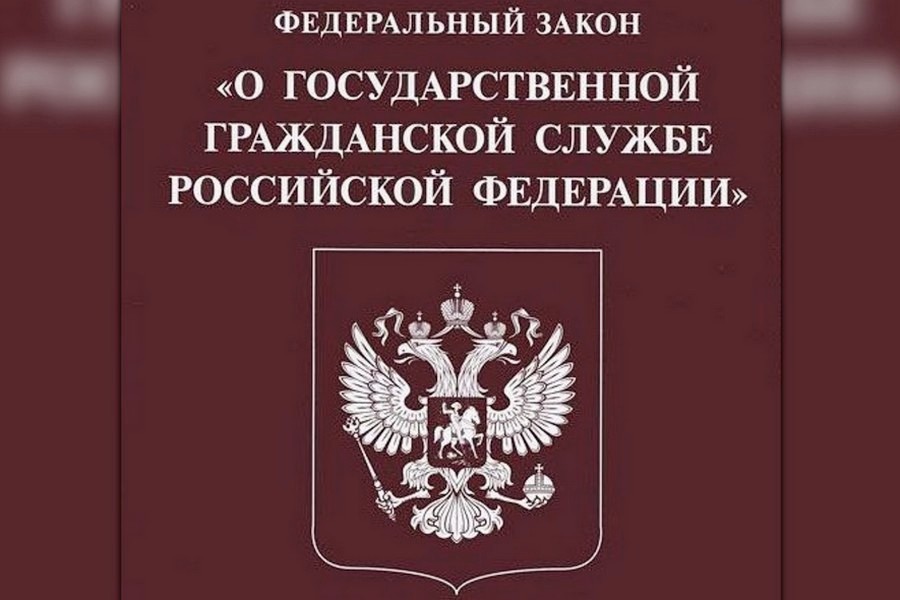
The difference between “restriction” and “prohibition”
How do these concepts fundamentally differ, and why are they spelled out separately in federal law? Lawyers argue that this distinction is justified.
Prohibitions related to the civil service include situations in which the employee does not have permission to perform any action. The ban cannot be lifted at the behest of a higher manager. This can only be done at the legislative level.
In the case of the "restriction", a person cannot perform certain actions or enter into legal relations until he meets certain requirements or takes specific actions. That is, restrictions can be lifted by the employee on his own if he fulfills the necessary requirements.
For example, to take up a position in the civil service, a candidate is required to obtain admission to state secrets. After passing the appropriate procedure, this restriction will cease to apply.
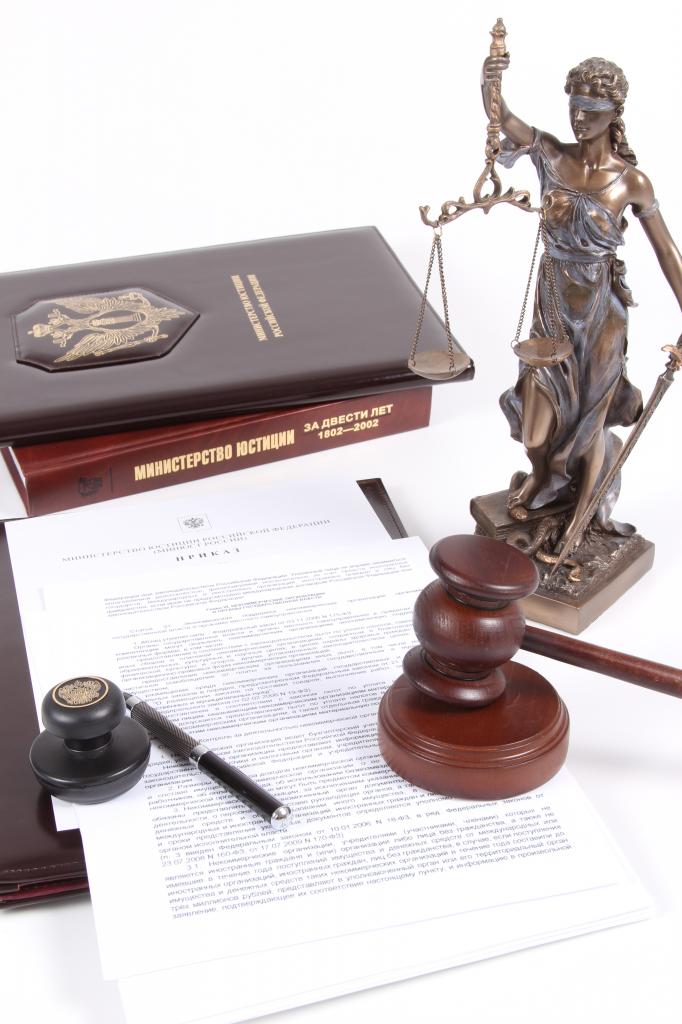
Limitations: Key Points
Let us turn to the list of restrictions that impede employment or tenure.By the number of points, it is inferior to the list of prohibitions related to civil service, but still it looks pretty impressive.
The primary restrictions that prevent you from holding a position include the following cases.
- The candidate is declared legally incompetent by a court decision.
- He has an unexpunged conviction, or is under investigation.
- The candidate refuses to issue admission to the information constituting state secrets.
- The employee "loses" the trust of management in connection with failure to comply with requirements to prevent conflicts of interest or anti-corruption.
- There is a confirmed disease that does not allow to perform official duties.
To determine the latter, employees regularly undergo medical examination according to the established schedule. What diseases are classified as unacceptable? First of all, these are disorders of behavior and psyche, mental retardation, delusional disorders and schizophrenia, disorders of drives and habits. It also includes disorders associated with the use of psychotropic substances, and diseases of the nervous system (epilepsy).
Family Relations, Citizenship, Military Duty
The family circumstances of the candidate and his legal status have a serious impact on the prospects of civil service.
Close family relationships with a potential manager or subordinate may become an obstacle to taking office. Parents, children (and their spouses), spouses (as well as their children, parents, brothers, sisters) fall into this category.
A ban on civil service is also imposed if a person ceases to be a citizen of the country and receives foreign citizenship. Also, a foreign citizen cannot become a civil servant, if this is not a diplomatic corps.
A prerequisite for unhindered admission to the service for men is the passage of urgent or contract military service. The exception is citizens who have received the relevant conclusion of the draft board.
False information or failure to provide data
The sections of the law on restrictions and prohibitions related to civil service briefly describe the information that an employee is required to provide. This can be both documents on education received and information on income.
All this information must be reliable. Documents are carefully checked, and in the case of forgery, the candidate loses the opportunity to enter the civil service.
A similar situation occurs when submitting data on property and income. False information or their concealment impedes the assumption of office.
Employees of state institutions are also required to provide information about their accounts on social networks, the addresses of sites or their sections, where personal information is available that allows identification. In the case of admission to the civil service, data for 3 years is submitted, then the information is updated annually.

Official behavior
In addition to prohibitions related to civil service, a number of restrictive conditions related to official conduct have also been identified. The list of how a civil servant should behave in the professional field includes quite a few rules.
Employees holding certain positions in the civil service are required to: comply with legislative standards in the framework of official activities; Perform professional tasks at a high level; protect the freedoms and rights of citizens; to be impartial in resolving official matters, not to show preference for one or another social, professional, political, or confessional group; not pursue personal or financial interests in the performance of official duties; to be correct in communication, not to behave defiantly; take into account the characteristics of social and ethnic groups, be tolerant,avoid conflict situations; adhere to the rules of public entry.

Major Prohibitions Related to Civil Service
The prohibitions imposed on civil servants include a number of issues related to the performance of official duties and combination opportunities.
So, a civil servant is forbidden to be elected to positions in local government (in this case, the civil service will have to leave) and union structures.
A civil servant cannot simultaneously be an entrepreneur, participate in the management of commercial and non-commercial structures (there are a number of exceptions here), represent the interests of third parties in his organization.
Several prohibitions related to civil service in article 17 of federal law relate to post-employment restrictions. A former civil servant does not have the right to communicate and use confidential official information in his own interests. There are also a number of restrictions on occupying positions in organizations within 2 years whose activities are directly related to civil service responsibilities.
Property Prohibitions
The law pays special attention to property prohibitions related to the passage of the state civil service. Employees must not:
- receive income in connection with the acquisition of securities;
- make business trips abroad at the expense of private or legal entities;
- receive remuneration from third parties (cash, gifts, loans, payment of rest, etc.);
- open accounts and store funds in foreign banks (this ban also applies to spouses of civil servants and children under the age of majority);
- own securities (shares, shares), if this causes a conflict of interest.

Anti-corruption bans
A number of prohibitions related to the civil service are aimed at eliminating a possible corruption component in professional activities.
Employees are prohibited from:
- use state property and material and technical support for personal purposes, outside of official duties;
- accept honorary titles and awards of foreign states without special permission;
- disclose company information and confidential information;
- publicly evaluate the activities of government bodies and management;
- create political structures in government agencies;
- perform work paid only by foreign organizations;
- be a member of the board of trustees and management councils of foreign organizations.
How is compliance checked?
Currently, there is a certain system for verifying compliance with prohibitions related to the state civil service.
Initial verification of candidates for the position is carried out on the basis of the submitted documents and analysis of information held by government agencies.
Employees and candidates are required to provide information on expenses and income. In the event of refusal or the provision of incorrect or incomplete information, the contract with the employee may be terminated.
Information on the income and property of the employee, his spouse (s), and minor children cannot be used to determine his solvency or disclosed.
Inspections are carried out on the basis of anti-corruption legislation and other regulatory acts.
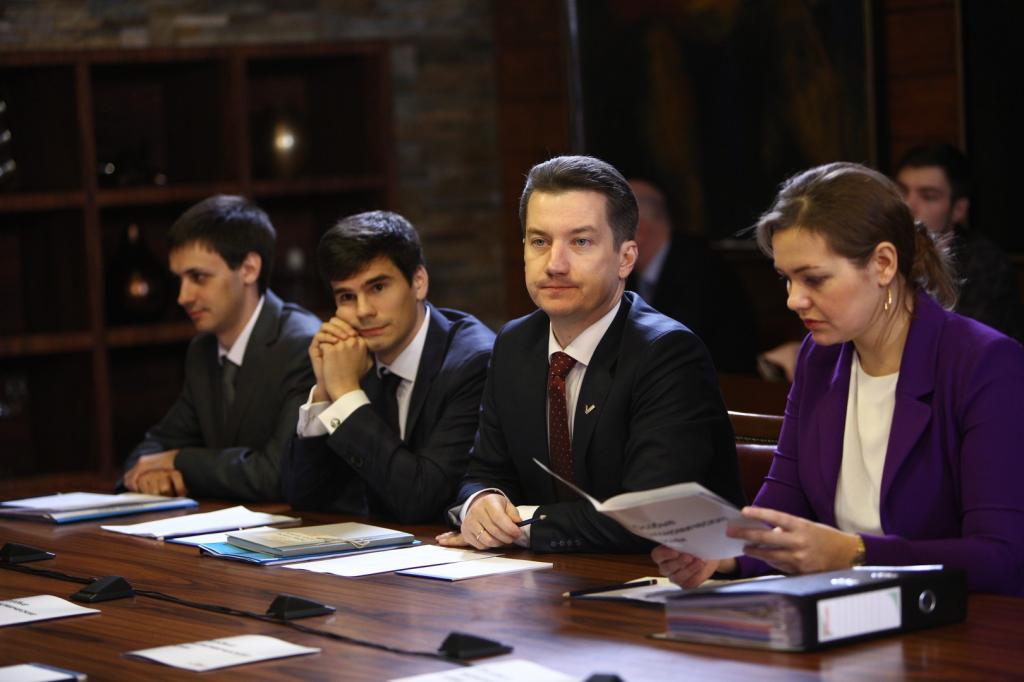
Responsibility for non-compliance
The employees of the relevant organizations are responsible for non-compliance with the prohibitions associated with the civil service. The measure of responsibility is determined based on the provisions of federal laws, depending on the type of violation.
If the violation is disciplinary, the employee may receive:
- comment,
- recovery
- reprimand or warning.
Ultimately, a civil service employee may be fired.
If we are talking about more serious misconduct, other normative acts come into play: civil, administrative and criminal codes. Depending on the degree of violation, the penalty may be fined, disciplinary action, damages and even imprisonment.
Summarizing, it can be argued that a certain proximity to power at the same time imposes a significant number of obligations and restrictions on civil servants.
